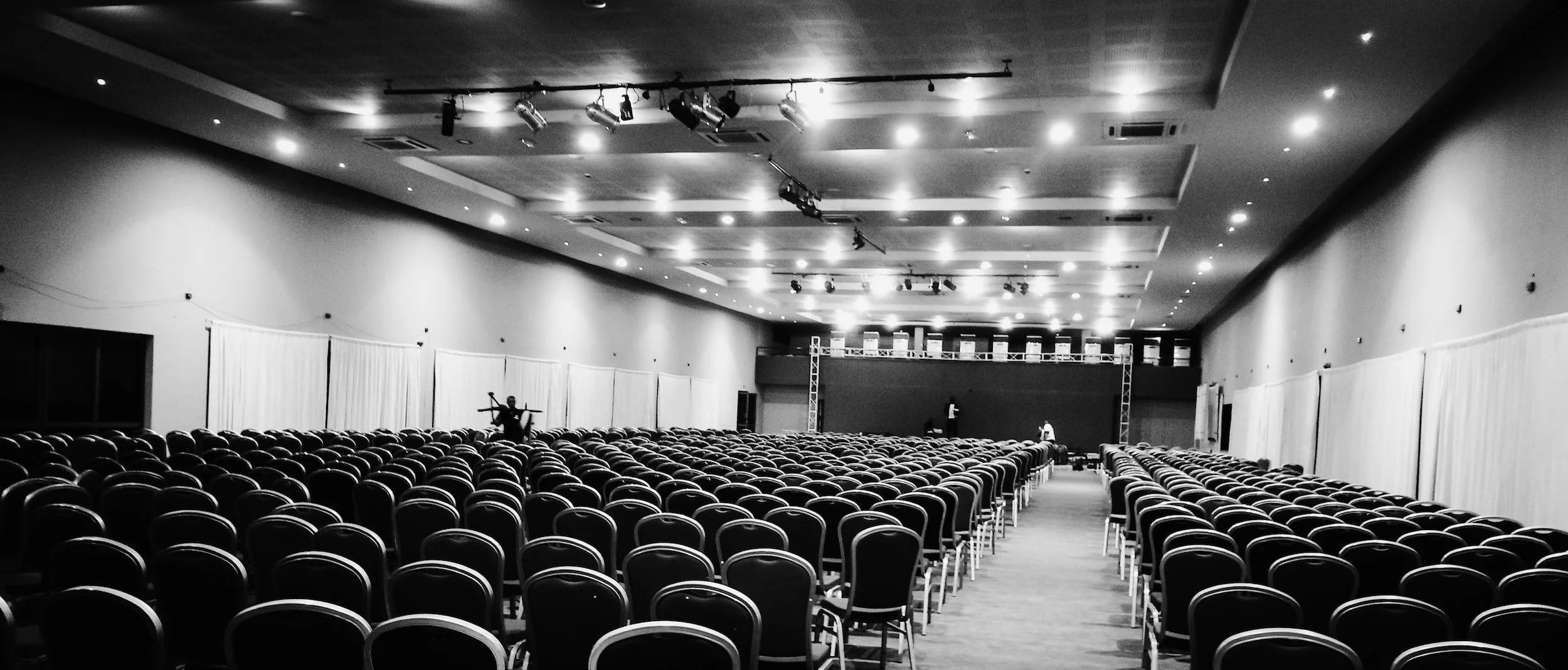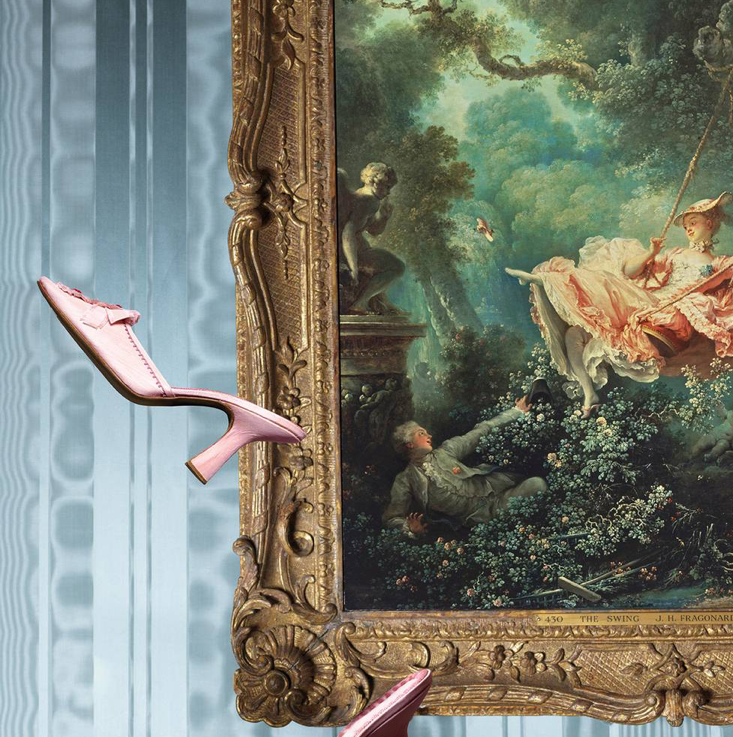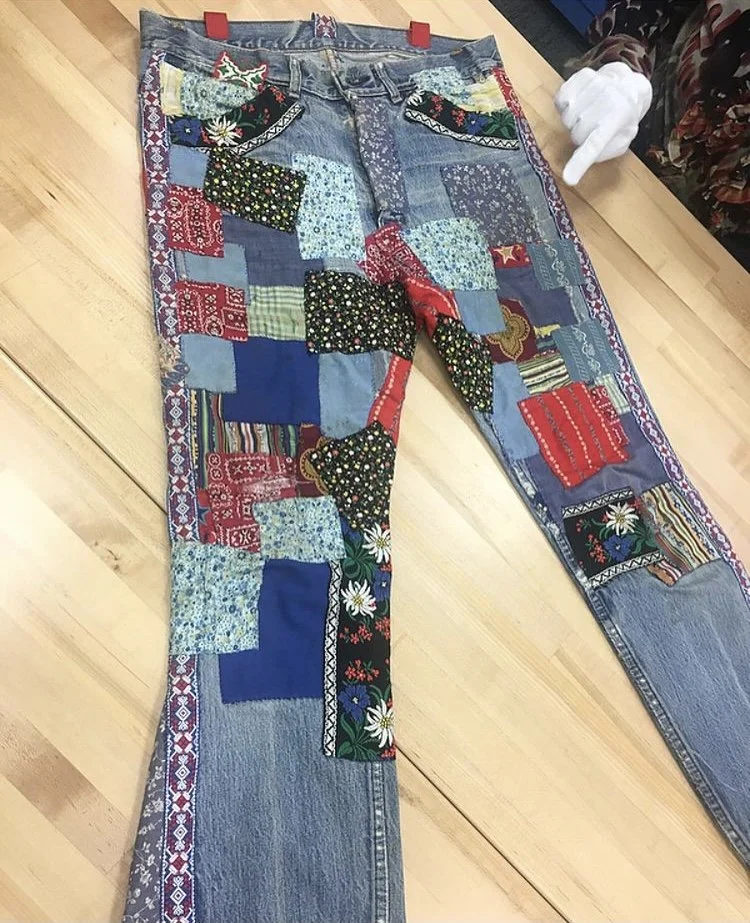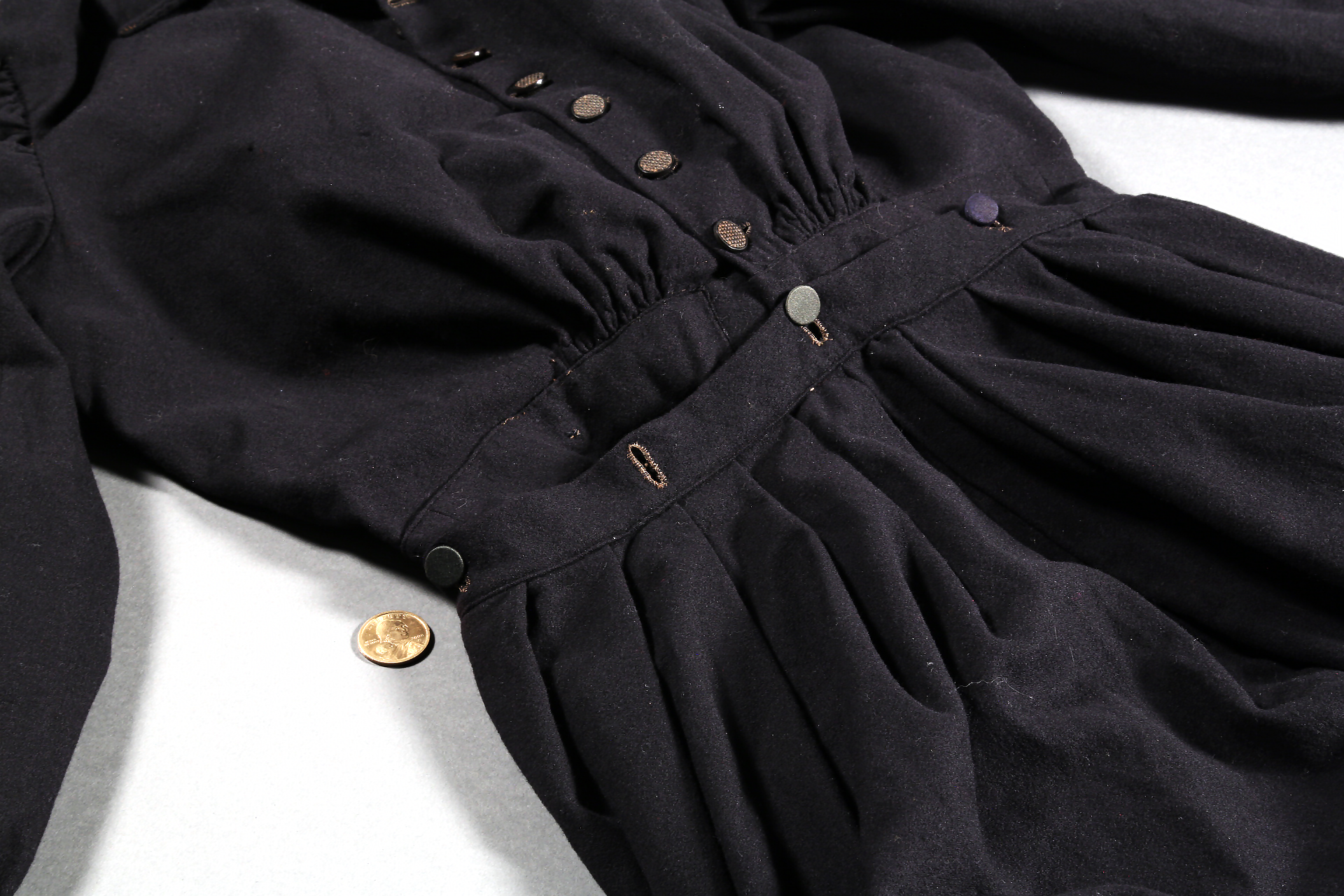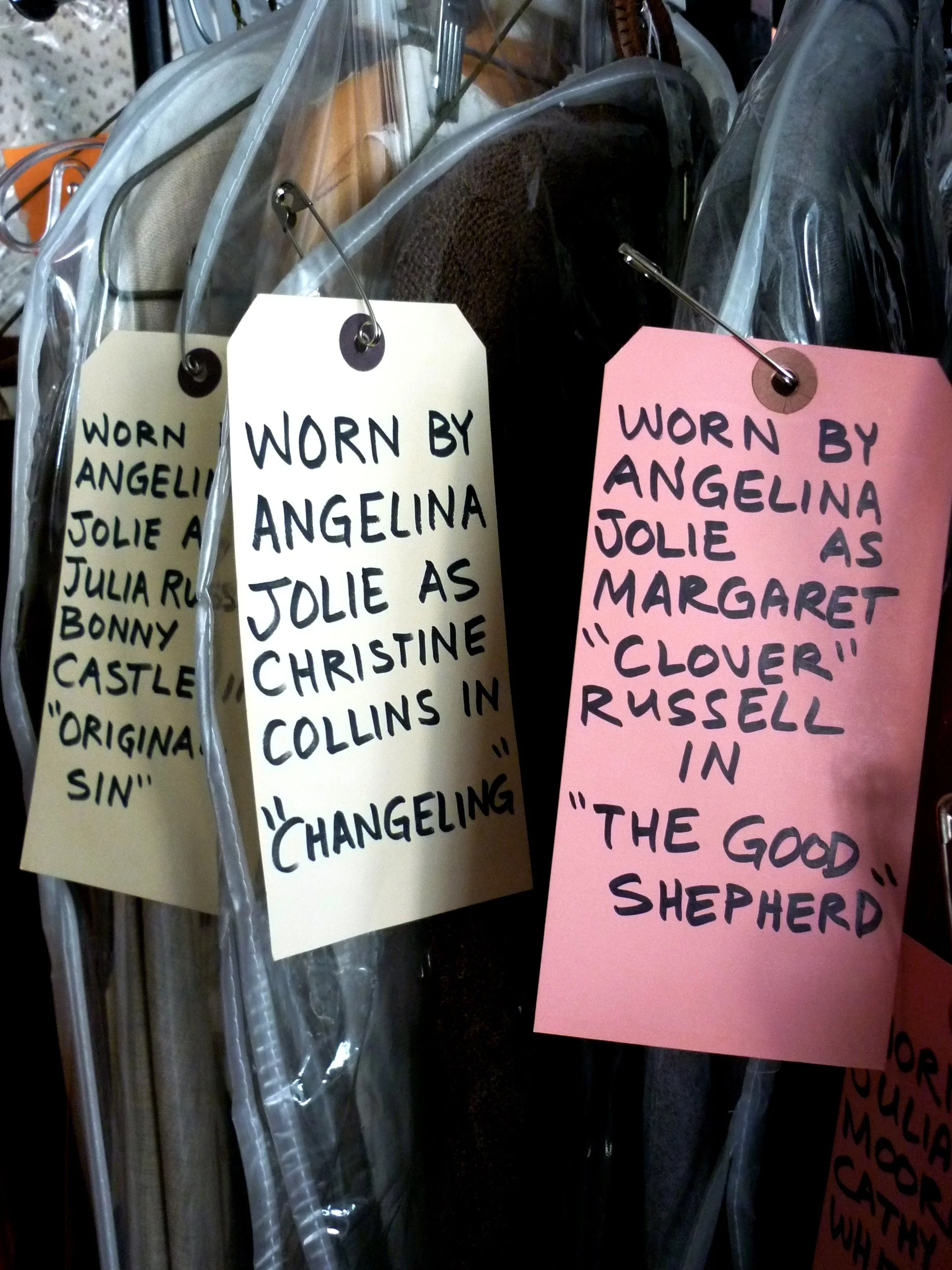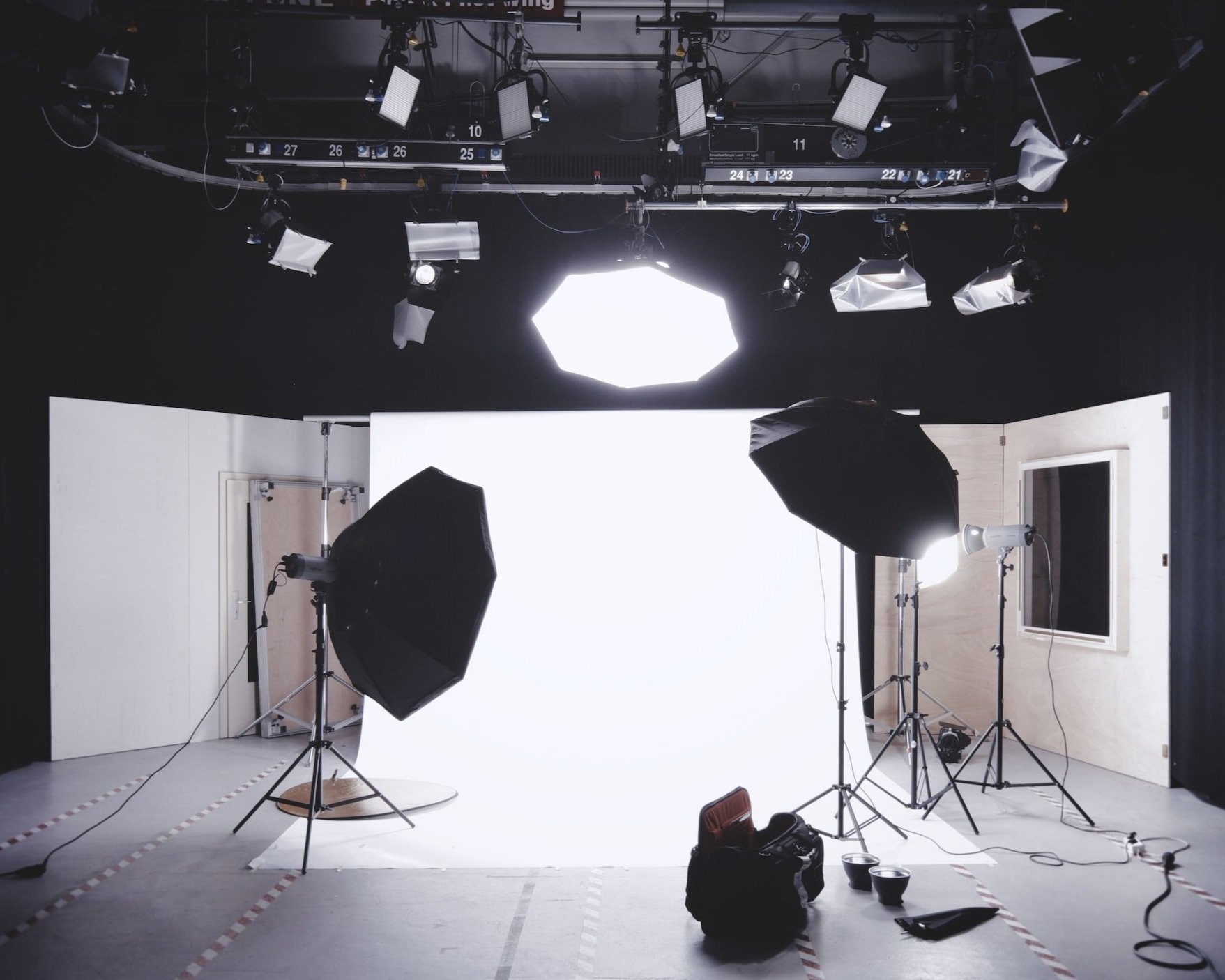
“Visually, fashion is potent at its core. It can punctuate ordinary life with extraordinary looks in the desire to be seen with much delight. It represents and embodies the complexities of everyday life. It is a medium that allows us to create alternative identities while also allowing the wearer to assert themself in different spaces and the world, a symbolic act of visibility.”
-Nicole K. Rivas, “The Sartorial Remembrance and Material Biography of my Abuelita Martha” in The Fashion and Race Database™
Preservation Services & Management
Collections care management
Fashion preservation
Archival research & digitization
Condition reporting
Registrar services for rotating loans
Sale facilitations & donation advisory
Condition standards maintenance
Asset, acquisition & authentication consultations
Inventory control
Consulting on the creation of archival storage space for fashion objects
Data Preservation & Digital Access
Collecting oral testimonies
Conducting interviews
Transcribing dialogues
Producing written assessments and commentaries
Basic audio/ video editing
Metadata annotation
Technological maintenance
Digital collections
Database support
Expert garment care resources
Historical fashion research
Photo Digitization & Cataloging
Photograph archival material and objects
Image re-orientation
Customized photo modification
Ensure integrity of image scans
Tagging (provenance, condition, loan record, etc.) organization & upkeep
Metadata annotation
Organize and create a vintage inspiration library
Writing & Historical Research
Nicole K. Rivas has more than ten years of experience writing commercially and editorially for the creative industries. Her published works include writing brand identities, compositions of collections and catalogs, producing written dialogue for digital networks, and all kinds of texts that seek to combine the sociocultural perspective with fashion subjectivity. Fashion expands a potent force for analyzing history, politics, and creative expression. It bears copious revelations gained by studying and comprehending it as a critical discourse.
Lectures & Speaking Engagements
Combining historical knowledge, theoretical thinking, and professional training to share the intersections between hybrid archives, fashion studies, women's history, feminist fashion cultures, secondhand practices, and intergenerational sartorialism, Nicole K. Rivas has over a decade of experience as a public lecturer, conference presenter, workshop facilitator, and symposium moderator. Her talks include these topics and can be tailored to the needs of the context.
…Clothes are ALWAYS more than “just clothes.”
“The practice of dress is crucial when understanding the construction of a look and desire to produce a visual statement, refining one’s self-identity through sartorial representations. It informs extensive cultural information on how we wish to be seen.”
Nicole K. Rivas believes preservation is a political act- the clothes we wear, the clothes we keep. Her most recent intellectual curiosities argue the radicalization in the fine art of fashion archiving as a feminist practice. She asserts the role of research and preservation should not be limited to the physicality of a fashion artifact but must also apply to the story inherited in each piece.
Courses
-

Fashion in History & Film
This course traces the history of fashion using both commercial and documentary films as they reflect their times and cultures. Significant fashion designers in history, the historical development of fashion as a global industry, and the importance of fashion to culture are examined. Students also consider how costume decisions convey information as to character, class, race, ethnicity, gender, and nationalism.
-
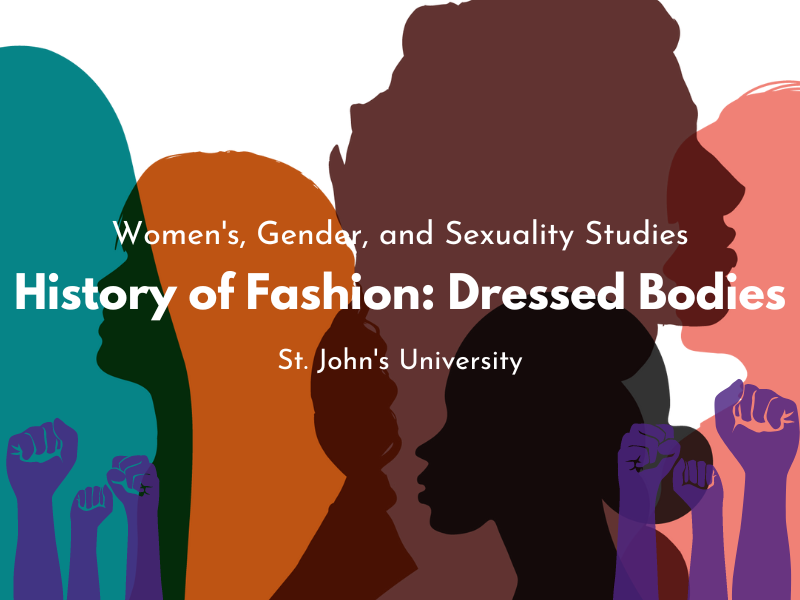
History of Fashion: Dressed Bodies
This course traces the history of Western fashion and dress practices from the late 19th century into the late 20th century. Significant fashion designers of the past and the importance of fashion to culture are examined. Students investigate the role of fashion as a material (auto)biography that convey information about prominent figures, fictional characters, and collective zeitgeists. Students also consider how these representations of reality reinforce cultural narratives and subtly but powerfully communicate ideology.
-

Masterclass with Coach
The masterclass with Coach (the leading design house of modern luxury accessories and lifestyle collections) provided Berkeley College students an opportunity to understand the complexity of developing store windows on a global scale while also providing practical career advice and recommendations.
Professor Nicole K. Rivas of the “Interactive Fashion Communications” course was the facilitator for this masterclass as Eva Mai, former Divisional Vice President & Visual Artistic Director, and Pedro Motta, previous Creative Design Manager, discussed the process that goes into developing window and in-store displays, emphasizing the important role visual merchandising plays in representing a brand’s vision in real-time. “If the store is the party...the window is the invitation,” Mai said.
An in-store display created by Coach to pay homage to its New York heritage was the first installation of the WindowsWear Museum at Berkeley College. (Hosted at the Berkeley College campus at 12 East 41st Street in Midtown Manhattan.) The exhibit merged education with the history and art of fashion.
-
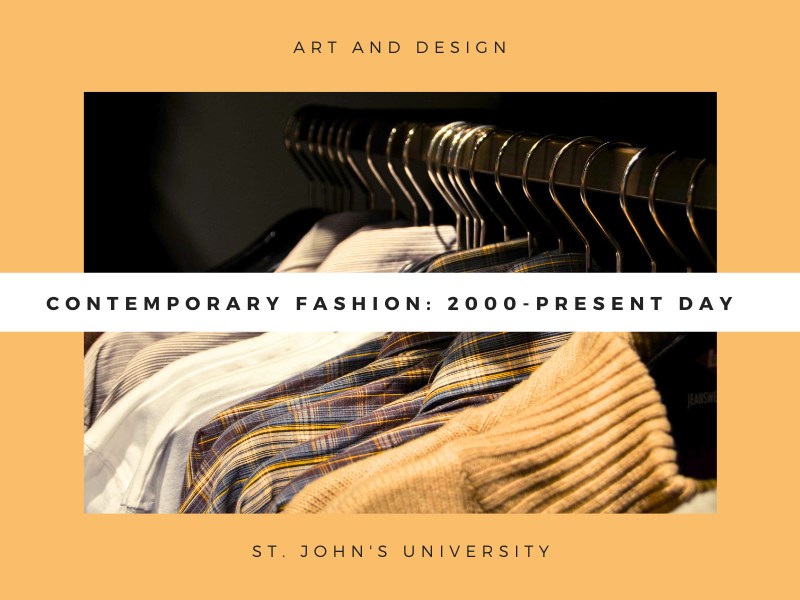
Contemporary Fashion: 2000 - Present Day
This course explores Western fashion beginning with the early millennium and concluding with today's designers, tracing different waves of mainstream fashion. Discussions focus on fashion in its historical context, examining economic, societal, and technological influences, as well as those from the world of arts and artists. Broad thematic considerations include the nature of fashion (what it is and what it does) and its relationship to modernity, production and consumption, art, globalization, and customization in addition to identity and the body. Students assess the relationship of key designers, events, and movements to these broad themes, covering fashion, personal style, and art from the 2000s to the present day.


